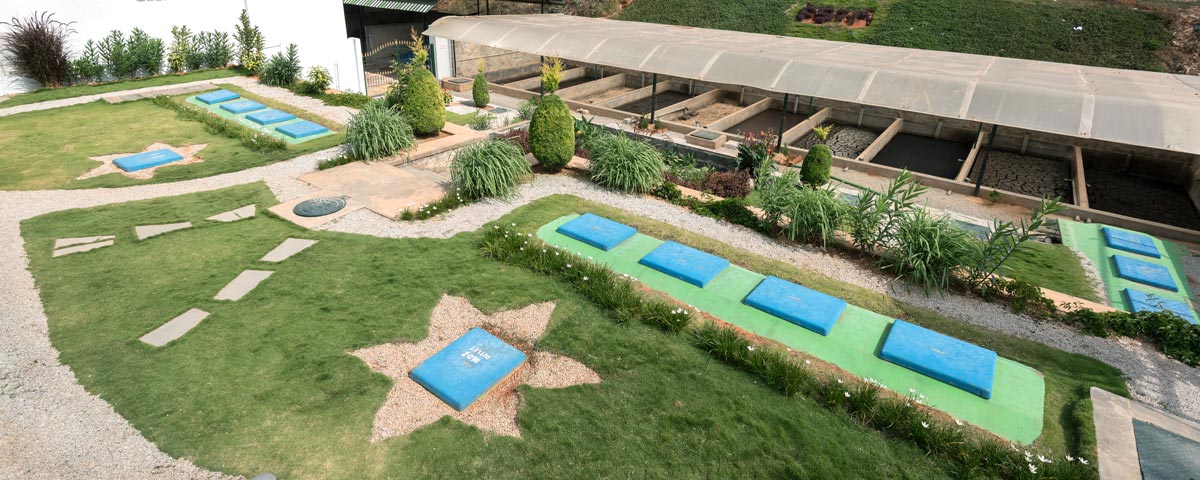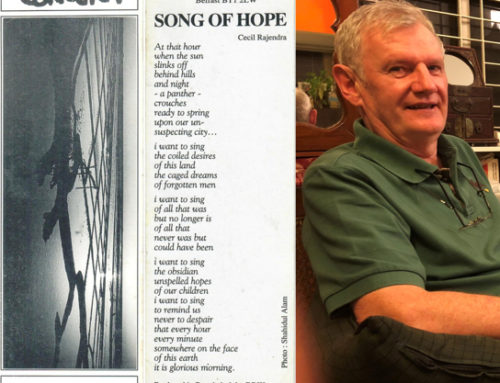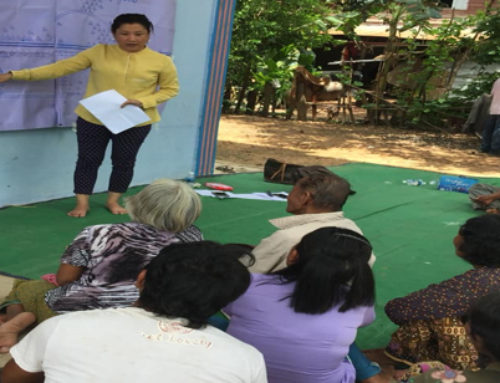India has been undergoing a rapidly accelerating process of urbanization for more than a decade. It is estimated that by the year 2030, 590 million Indians will reside in Indian cities, compared to 340 million in 2008.1 Given this, there have been calls for an equally rapid investment of US$ 1.2 trillion in urban capital expenditure.2 Within this figure, centralized sewage treatment and wastewater management will be an essential component in ensuring an adequate standard of living for residents in urban and peri-urban areas.
It is estimated that 0.12 million tonnes of faecal sludge is generated in India per day.3 With poor sewage networks in Indian cities, a large proportion of the urban poor still depend on public toilets. Public toilets often have no water supply while others are not connected to the public sewage system. The lack of public sanitation infrastructure also propagates crude septage handling practices like manual scavenging which require scavengers to collect human excreta from one household to the next. In contrast with the large proportion of on-site installations, limited attention has been accorded to proper construction, maintenance management and safe disposal of septage from septic tanks and pit latrines in Indian cities. Most of the latrines built under the Swachh Bharat Abhiyan will depend on on-site containment systems, augmenting the urgency of the rapid and widespread development of Fecal Sludge Management (FSM) solutions in the face of increased latrine access and generation of faecal sludge.
While large-scale networked sewage systems have their own financial, legal, administrative, and infrastructural barriers, there exist shorter-term solutions that are effective, efficient and environmentally sustainable precursors to the increasingly urgent problem of faecal sludge and wastewater management. In the face of massive deficits in urban sanitation and considerable investments required for the design and installation of sewage systems, small-scale on-site treatment systems offer a potential way to further close the sanitation deficit in India.
Among other things, FSM entails developing tools to assess the generation of faecal sludge, its pathways from containment to treatment, the constraints to establishing an effective chain of services to manage it. Developing new waste handling and treatment technologies is also essential.4
In the effort towards establishing an effective FSM network throughout India, the Consortium for DEWATS Dissemination (CDD) Society has been leading the charge and exploring novel ways in which to design and implement smaller-scale FSM systems in smaller Indian cities. The sanitation not-for-profit introduced its first dedicated faecal sludge treatment plant in Devanahalli, a town in Karnataka of 28,000 people. Since the beginning of its operation in 2015, it prevented about half a million litres of faecal sludge from polluting the environment in its first two years.5 It was eventually recognized by The Federation of Indian Chambers of Commerce and Industry and the India Sanitation Coalition and awarded the Best Innovation in Sanitation Award in 2017. The plant, no larger in area than a medium-sized bungalow, collects the faecal sludge of Devanahalli from desludging vehicles, which is then treated through anaerobic respiration. The treated sludge is then dried and distributed to local farmers as an organic soil conditioner.
The CDD society developed a multistage research and development process prior to the establishment of the plant. Firstly, it assessed the volume of faecal sludge generated in Devanahalli, the total number of toilets, pits and septic tanks, and the frequency and mode of desludging by residents. This led to the development of an operations model in which desludging operators do not have to travel large distances before emptying their truck, the location of the plant was close to the city.
Particularly beneficial in the development of such small-scale FSM projects is the collaboration and partnerships that form between the private/non-profit and public sector. In the case of Devanahalli, the town passed a series of resolutions pertaining to the regulation of new containment systems, licensing and regulation of private desludging operators, outsourcing the operations of the treatment plant to private operators, and property taxes to support the cost of the plant. It is worth noting that the cost of the Devanahalli treatment plant is also well within the budget of most towns of similar size, as it is operated by just one operator and runs on gravity, not electricity. Sales from faecal sludge compost, as well as desludging fees and property taxes also help to finance the operation.6 It is thus cheap, sustainable, and effective.
CDD is now working with governments and authorities in various towns in Rajasthan, Tamil Nadu, Orissa, Leh, and Bhutan to expand and scale up their affordable FSM operations throughout India.
A similar example of the private-public partnership model in FSM involves a faecal sludge treatment plant commissioned by the Jhansi Municipal Corporation in Jhansi, Uttar Pradesh, and built by Purna-Pro Enviro Engineers. As the town sits on the rocky terrain of India’s central plateau, it has been difficult to plan and build underground sewage. Consequently, about 80% of the population is dependent on on-site sanitation systems. The remaining 20% dispose of their untreated excreta openly into the environment. In Jhansi, additional desludging vehicles were commissioned in order to provide desludging services within the entire city, while a request-for-services and payment system was also established.
No more than an acre in size, the plant was built in 2018 with a capital investment of INR 2 crores. Its daily treatment capacity is 6000 liters and carries an annual maintenance and operation cost of INR 27.6 lakhs.7 Here, the treatment process entails many similar features as that of the Devanahalli plant: gravity-powered anaerobic filtration, gravel filters, and drying beds. The treated water is subsequently used for irrigation, and the treated sludge is used as organic manure.
The above FSM solutions are a much-needed innovation in a sector of development which does not receive adequate attention in India. To begin the heavy lifting of urban sanitation, authorities in India must further incentivize the design and innovation of cost-effective and reliable engineering solutions that are able to treat large volumes of waste, at least in smaller and medium-sized cities such as Devanahalli and Jhansi. Their establishment also sets up a precedent for and provides an understanding of the necessary aspects of construction, regulation, logistics, and financing of such sanitation projects. This will also allow for the effective and smooth scaling up of FSM in bigger cities such as Mumbai, Delhi, Bangalore, or Kolkata.
While the above FSM solutions are worthy and desirable investments in urban sanitation, they are not long-term solutions to India’s massive deficits in urban and peri-urban sanitation, as their treatment capacities over time will have to increase drastically. In the coming years, the Government of India will have to grapple with this fact. The consistent disposal of millions of litres of untreated septage continues to wreak havoc on India’s ecosystems and natural habitats, massively polluting its various water bodies and water supplies. This subsequently carries dire implications for public health, disease prevention, and quality of life in general. It is important then for India to begin to deploy a slew of strategies and projects that develop an effective regulatory and licensing framework, engage citizens and garner public support, use competition to improve the quality of planning and encourage innovative funding mechanisms, rapidly develop “quick-win” projects, and rapidly invest in public-private partnerships, among other things. In this sense, the treatment plants of Jhansi and Devanahalli serve as effective pilot projects to developing sustainable and effective FSM solutions.
Featured image source: https://www.borda-sa.org/strengthening-the-operation-maintenance-sector-for-servicing-decentralised-urban-sanitation-infrastructure-in-karnataka-india/
1,2 Dobbs, Richard, and Shirish Sankhe. “India’s Urban Transformation.” McKinsey & Company, www.mckinsey.com/~/media/McKinsey/Featured Insights/Urbanization/Indias urbanization A closer look/Indias urbanization A closer look.ashx.
3,4 Luthra, Bhitush. “Faecal Sludge Management Gets World Attention.” Down To Earth, www.downtoearth.org.in/news/faecal-sludge-management-gets-world-attention-48293.
5 “Faecal Sludge Management.” CDD Society I Water and Waste Management Solutions I Faecal Sludge Management I Wastewater Treatment Systems I City Sanitation P, 18 Apr. 2018, cddindia.org/faecal-sludge-management.
6 India, Dasra. YouTube, CDD India, 18 May 2017, www.youtube.com/watch?v=WZgT2Vwfvwc.
7 Faecal Sludge Treatment Plant at Bijoli, Jhansi. Center for Science and Environment, www.cseindia.org/feacal-sludge-treatment-plant-at-bijoli-jhansi-9070.







Leave A Comment